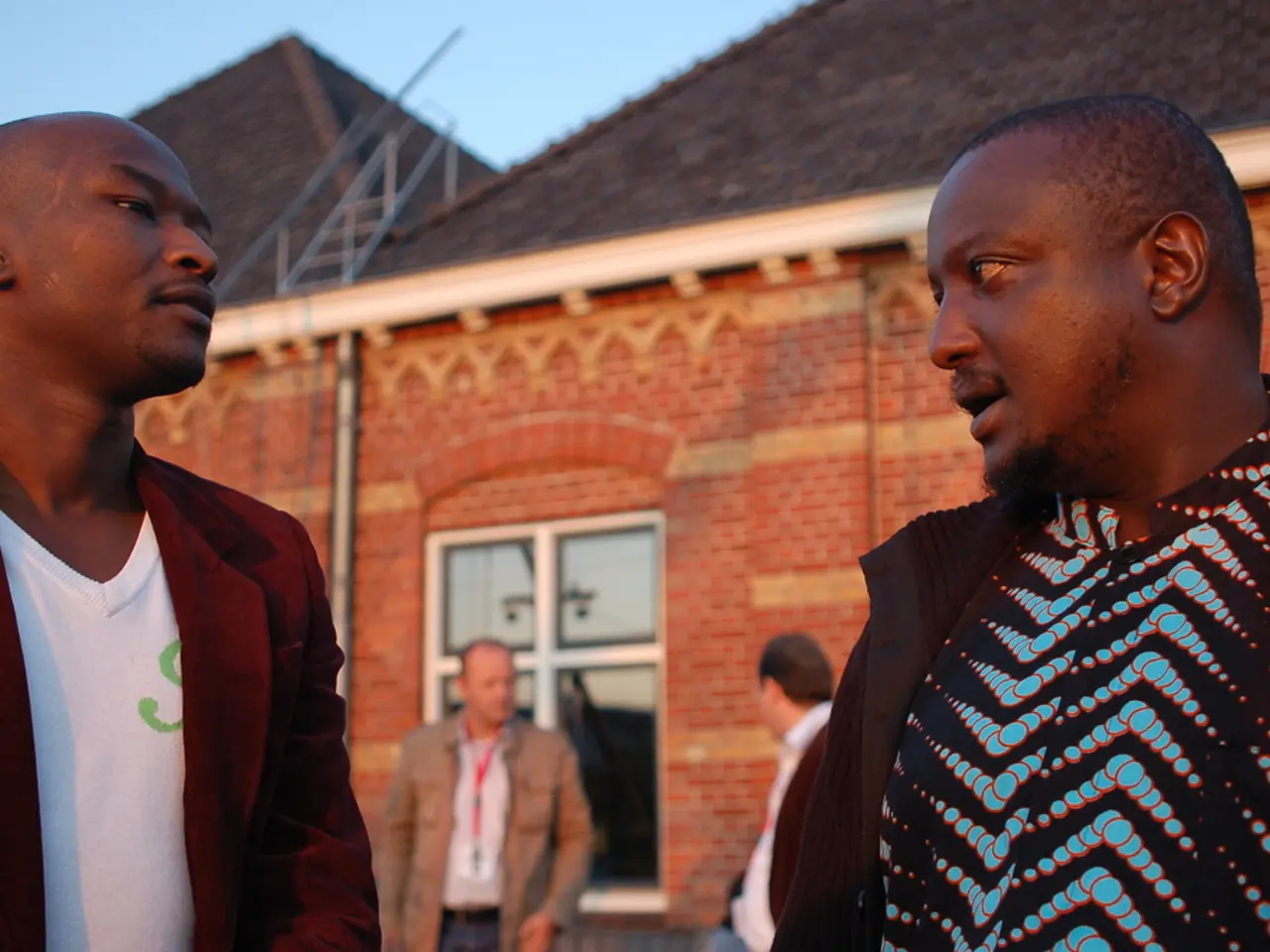East Africa's digital rights awakening calls for more than just improved infrastructure
A new report by the Paradigm Initiative, the 2024 Scorecard Index, offers a region-wide benchmark for comparing East African countries on digital governance integration with human rights. The report highlights significant differences in digital rights enforcement across Kenya, Rwanda, Uganda, and Tanzania.
Kenya Leads in Legal Engagement
Kenya stands out with a landmark legal case challenging government-imposed internet shutdowns that occurred during the June 2024 protests. This case, initiated by civil society and digital rights advocates, aims to establish judicial safeguards for internet access and freedom of expression. The case is viewed as a test of Kenya’s democracy in the digital age.
However, Kenya's digital transformation comes with its challenges. There are growing concerns about government overreach, surveillance, and censorship, prompting calls for reforms to protect digital rights and regulate surveillance more effectively.
Uganda and Tanzania Face Challenges
In Uganda, internet disruptions and shutdowns remain a serious issue. Courts have shown limitations in effectively enforcing digital rights, as many cases involving internet shutdowns have been dismissed without addressing the substantive rights violations. Uganda also faces challenges with surveillance and digital rights protections, similar to Tanzania.
Tanzania has restricted usage of certain platforms and VPNs, drawing back on earlier gains in digital rights. The Londa 2024 Report shows that while legal frameworks are maturing in some countries, enforcement, transparency, and civic agency remain uneven. The report notes a lack of comprehensive data protection laws, weak mechanisms for redress in cases of surveillance or breach, and inconsistent enforcement in Tanzania.
Rwanda's Digital Environment
Rwanda’s digital rights enforcement is less discussed in the recent literature provided but is generally known to have a tightly controlled digital environment, with strong government regulation over internet use and limited space for digital rights advocacy compared to Kenya and Uganda.
Key Differences
| Aspect | Kenya | Uganda | Tanzania | Rwanda | |-------------------------|-----------------------------------------------|--------------------------------------------------|-------------------------------------------------|--------------------------------------------------| | Legal enforcement | Active landmark litigation challenging shutdowns; judicial engagement growing | Internet shutdown litigation faces dismissals; strategic litigation growing but limited success | Strong government restrictions; digital rights curtailed especially for media | Less public digital rights enforcement; tightly regulated access | | Internet shutdowns | Recent notable shutdowns challenged in court | Frequent state-ordered shutdowns; legal challenges often dismissed | Shutdowns and censorship, especially around elections and protests | Government controls internet, less visible shutdown litigation | | Surveillance & privacy | Increasing government surveillance; reform calls | Significant surveillance impacting civil society | Encryption and anonymity restricted by law | Controlled digital environment, government monitoring prevalent | | Civil society involvement| Robust digital rights advocacy and coalitions | Emerging advocacy but hindered by legal hurdles | Limited due to restrictive environment | Limited space for activism |
Consequences of Divergence
Without alignment on digital rights, East Africa's aspirations for a unified digital economy risk fragmentation at the point of rights enforcement. The digital rights governance in East Africa is a critical test of democratic resilience and civic inclusion. The picture that emerges is one of divergence, with Kenya and Rwanda moving towards structural maturity, Kenya via legal frameworks, Rwanda via technocratic infrastructure.
Uganda's digital climate is the most alarming in East Africa, with the government normalizing digital repression through legal and extrajudicial tools. What matters more is the safeguarding of rights in digital environments. The article does not mention any new court actions, enforcement issues, or online expression monitoring in Kenya, Rwanda, or Tanzania beyond what was already mentioned in the earlier bullet points.
[1] Paradigm Initiative's Londa 2024 Report [2] Civil Society and Digital Rights Advocates in Kenya [3] Internet Shutdowns in Uganda [4] Tanzania's Digital Rights Situation [5] Rwanda's Digital Rights Enforcement
- The Paradigm Initiative's Londa 2024 Report reveals that Kenya is leading in legal engagement, with a landmark case challenging government-imposed internet shutdowns during the June 2024 protests, aiming to establish judicial safeguards for internet access and freedom of expression, which is seen as a test of Kenya’s democracy in the digital age.
- Business and policy-and-legislation discussions in East Africa must take into account the health implications of digital rights, as the report highlights significant differences in digital rights enforcement across Kenya, Uganda, Tanzania, and Rwanda, with Kenya standing out in legal challenges but Uganda's digital climate being the most alarming due to the normalization of digital repression through legal and extrajudicial tools.
- The Technical and General News coverage should also include cybersecurity concerns as Tanzania has restricted usage of certain platforms and VPNs, drawing back on earlier gains in digital rights, with the report noting a lack of comprehensive data protection laws, weak mechanisms for redress in cases of surveillance or breach, and inconsistent enforcement in Tanzania.
- As for business and political discussions, it's crucial to consider the implications of the different digital governance strategies in the region. For instance, while Kenya and Rwanda embrace structurally different approaches for digital rights (legal frameworks vs. technocratic infrastructure), Uganda's approach is causing unease in light of its digital rights restrictions and court dismissals of internet shutdown litigation.




